Effects of Artificial Intelligence on Labour Law and Labour Market: Can AI be a Boss?
 Author: Gábor Mélypataki
Author: Gábor Mélypataki
Date of Publication: 2019
Artificial Intelligence (AI) has transformed has transformed social realities. Much of its effects is not yet clear. The author argues that post-apocalyptic visions are unlikely to be realised and that there is no need fear the revolution of machines. However, this does not mean that using AI will not have negative effects or dangers. The traditional employment relationship is likely to remain but in a changed form, with AI partially or completely replacing the function of the employer or the employee. The article analyses questions arising from both situations; for example, whether the employer’s decision-making power can be delegated to AI and the legal consequences of AI’s mistakes. [View Resource]
Effects of Artificial Intelligence on Labour Law and Labour Market: Can AI be a Boss? Read More »



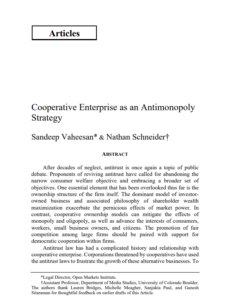 Authors: Sandeep Vaheesan and Nathan Schneider
Authors: Sandeep Vaheesan and Nathan Schneider

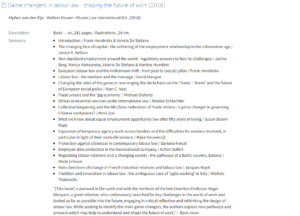 Author: Achim Seifert
Author: Achim Seifert
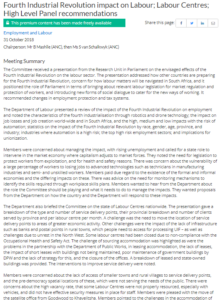 Date of Publication: 2018
Date of Publication: 2018
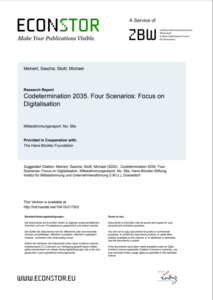 Author: Meinert M.
Author: Meinert M.
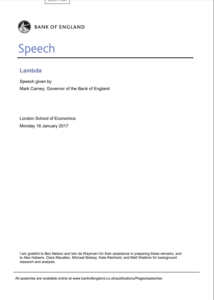 Author: Carney M.
Author: Carney M.
 Author: Lawrence R.
Author: Lawrence R.
 Date of Publication: 2018
Date of Publication: 2018
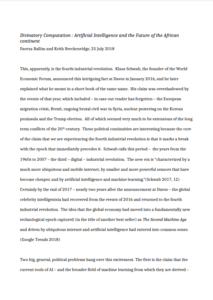 Author: Ballim F. and Breckenridge K.
Author: Ballim F. and Breckenridge K.